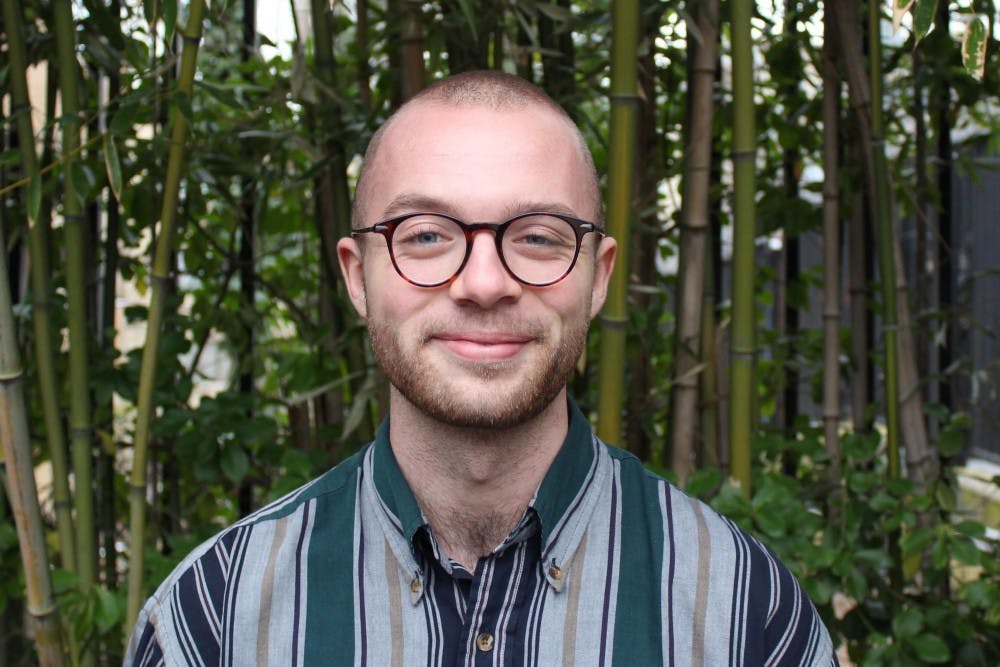Listening to news of genocide and other crimes against humanity, it’s easy to feel like there isn’t much you can do to help. With crimes committed by governments in far-away lands, there’s a temptation to leave potential solutions to faceless committees and well-meaning NGOs.
The ongoing Rohingya crisis in Myanmar has illustrated just how desperately these solutions need to be found. Around 700,000 Rohingya have fled to Bangladesh, with another 120,000 internally displaced. Mass killing, widespread sexual violence and what the UN has described as a “textbook case of ethnic cleansing” have combined to create a miserably familiar situation, reminiscent of the atrocities witnessed in Sudan and the former Yugoslavia.
It’s imperative that we refuse to treat victims of genocide as mere statistics. Moreover, it’s essential that we acknowledge that individuals and institutions have a moral obligation to enact change where they can, doing everything within their power to stop atrocities, such as those in Myanmar, from occurring. This school is no different; it’s time for American University to adopt an End Genocide Policy.
Put simply, the End Genocide Policy is a way for the University to signal its commitment to ending genocide all over the world and to harness its substantial economic power to achieve this.
It revolves around the basic idea that money talks. Simplistic as it may sound, the truth is often simple; across the globe, wealth is highly correlated with power, and those with power are obligated to use it to enact positive change. American University is no different. As students at a university that demands about $24,000 a semester in tuition for full-time students, each of us are acutely aware that vast sums flow into the school’s coffers each year. Combined with the school’s $640 million endowment, according to CFO Douglas Kudravetz, the school controls vast amounts of wealth.
The question then becomes one of how AU can harness this economic power in a way which actively helps to prevent and discourage genocide. The answer? Its relationships as both a consumer and an investor with contractors and large corporations.
Many governments are reliant on foreign corporations, both in terms of the services they provide and the investment they bring to the country. This is no different for governments that commit genocide. This reliance means that these companies have influence where other governments and human rights organizations don’t. The End Genocide Policy rests on this premise. American University can use its vast influence as both a consumer and an investor to pressure companies to refrain from conducting business with genocidal regimes. Thus, this encourages governments to refrain from genocidal acts in order to retain the business of these foreign corporations.
As a consumer, the University would give all contractors a period of time to formally adopt a policy of not doing business with genocidal governments. This encourages companies to look at their own business practices while ensuring that student’s tuition dollars are spent in a way that aligns with the values of AU and its students.
As an investor, the policy would commit the University to using its shares to vote in favor of shareholder resolutions demanding companies refrain from conducting business with genocidal regimes. AU’s 2016-2017 Annual Report shows the school has over $90 million invested in corporate stocks, and shareholder activism has shown itself to be effective: the U.S. oil giant Chevron told the BBC last year that, following years of pressure from activist investors, it would now push for “a business environment that respects human rights” in Myanmar. Though this development didn’t fully satisfy the demands of activist investors, it implies that shareholders, like AU, can leverage their economic power to force companies to behave in an ethically responsible manner.
“What you have right now at American University is the opportunity … to be the first [to adopt the policy], and to show some real leadership in ending genocide by enacting this,” Simon Billenness, executive director of the International Campaign for the Rohingya and driving force behind the End Genocide Policy, said.
Outwardly, American University presents itself as a liberal, progressive institution; this is no doubt the image it sells to prospective students during their tours on campus. In fact, as an international exchange student, this has been one of the things which has impressed me most about the school. Among both the students and staff, there appears to be a real desire to enact change in the world and to help it become a better place.
But progressive values mean little if they aren’t translated into action, and enacting an End Genocide Policy is just one of the steps the University can take to ensure that the horrors witnessed over the last century don’t repeat themselves. I, along with others, will be working throughout the rest of the semester to establish a group on campus to help push this End Genocide Policy and I invite anyone interested in getting involved to reach out. Though these may seem like minor changes to one small university’s policies, AU can set an example to other universities and institutions and demonstrate that all of us can, should and must make a difference.
Angus Dutton is a junior in the School of International Service. He is an outside contributor. The opinions expressed by the author are his alone, and do not necessarily reflect the views of The Eagle and its staff.
opinion@theeagleonline.com





